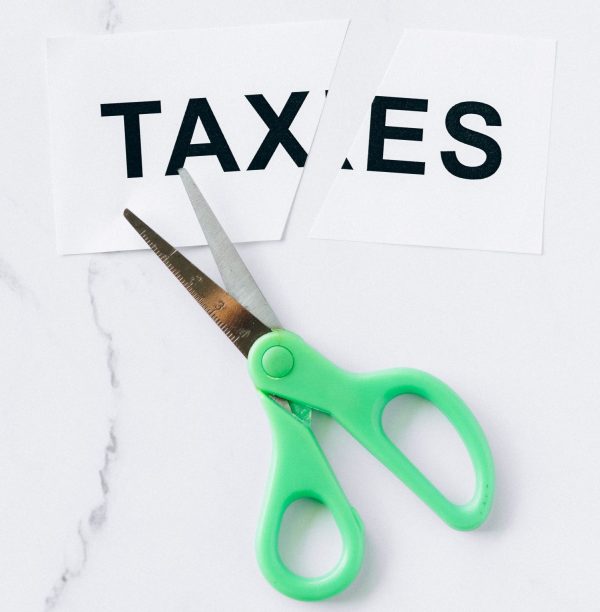Last Friday, on 22nd September 2022, Kwasi Kwarteng, the Chancellor of the Exchequer, announced in his mini-budget statement a set of economic policies which have been the subject of much discussion. Read on for an overview of some of the changes he’s made.
National Insurance and the Health and Social Care Levy
Since 6th April 2022, workers and employees have been paying an extra 1.25% National Insurance, taking the rate up to 13.25%. This increase was due to be replaced by the Health and Social Care Levy (a 1.25% levy on top of a 12% National Insurance rate).
Details of the Health and Social Care Levy were announced by Boris Johnson on 7th September 2021 and it was to be introduced by April 2023. The levy was for increased health care spending to deal with the backlog of patients awaiting treatment on the NHS.

Some of the levy was to be channelled into the social care system due to our ageing population, effects from the pandemic, staff shortages and lack of government spending.
The levy was to be calculated the same as National Insurance but would’ve also been paid by those at state pension age.
The levy was expected to raise around £13billion for health and social care. Despite cancelling the proposed levy, the Chancellor has claimed that funding for health and social care services will remain at the same level as if the levy was actually in place. I guess we will have to see…
The good news is that Kwarteng, along with cancelling the levy, is reversing the 1.25% rise in national insurance come 6th November 2022. The aim of this is to reduce workers’ and businesses’ tax burden and encourage growth to stimulate the economy.
Income Tax
As well as the decrease in income tax, Kwarteng announced some changes to income tax. The basic rate of income tax will decrease from 20% to 19% as of April 2023 (a year earlier than planned). Additionally, the additional rate of tax (set at 45% and applied to incomes above £150,000) is to be abolished.
In the short term, it seems as though most people will be paying less tax. However, former chancellor Rishi Sunak announced in 2021 that the personal allowance and higher rate threshold would be frozen from the 2022-23 tax year until the 2025-26 tax year.
This freeze will essentially offset the tax reduction announced by Kwarteng for most ordinary people.
It is the high earners who will fare the best. The rich, as always, seem to be getting richer. Abolishing the additional rate of income tax means that the highest earners, including millionaires, are in the same tax band as anyone earning over £50,271.

Corporation Tax
The Chancellor has cancelled the proposed rise in Corporation Tax. The tax was to increase to 25% starting April 2023 for firms which make over £250,000 profit. However, this will now be remaining at 19% for all firms, regardless of their profit.
Stamp Duty Land Tax (SDLT)
The 0% SDLT band has been doubled from £125,000 to £250,000. The idea is that cutting SDLT will promote residential property investment and spending on household goods.
The threshold before paying SDLT has also been increased for first-time buyers from £300,000 to £425,000, making it easier to get your foot on the housing ladder. The average house price for first-time buyers in the UK in 2021 was around £264,000, but if you’re spending more than this, the increased threshold is certainly handy.
Universal Credit
Households on universal credit may find it more difficult to claim. Those earning less than the equivalent of around 15 hours a week at National Living Wage will have to regularly meet with their work coach. If failing to do so, they risk a reduction in their benefits
One thought on “Changes to Economic Policy in Last Week’s Mini-budget”